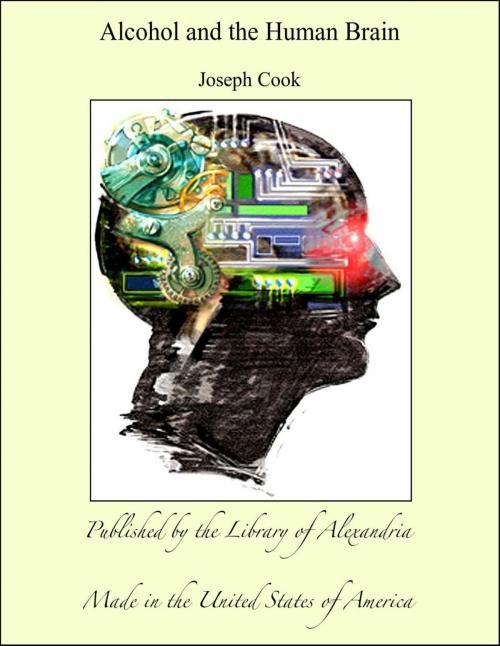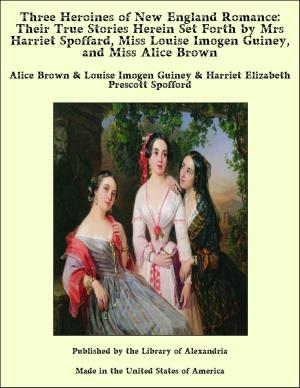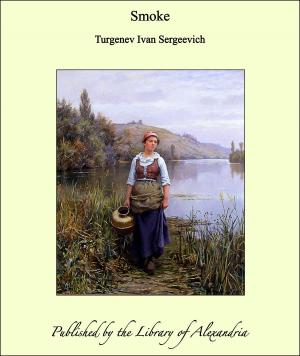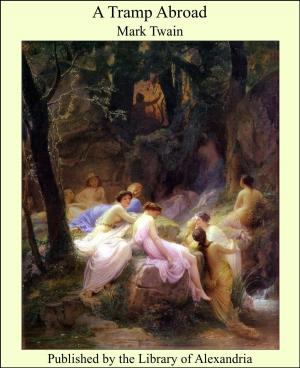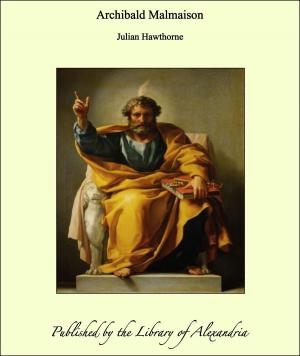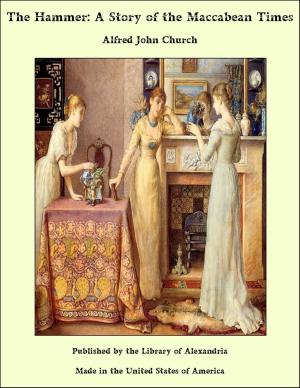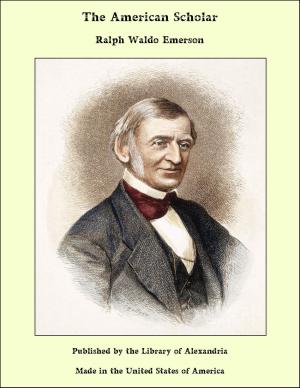Alcohol and the Human Brain
Nonfiction, Religion & Spirituality, New Age, History, Fiction & Literature| Author: | Joseph Cook | ISBN: | 9781465574749 |
| Publisher: | Library of Alexandria | Publication: | March 8, 2015 |
| Imprint: | Language: | English |
| Author: | Joseph Cook |
| ISBN: | 9781465574749 |
| Publisher: | Library of Alexandria |
| Publication: | March 8, 2015 |
| Imprint: | |
| Language: | English |
Cassio's language in Othello is to-day adopted by cool physiological science: "O God, that men should put an enemy in their mouths to steal away their brains! That we should, with joy, revel, pleasure and applause, transform ourselves into beasts! To be now a sensible man, by and by a fool, and presently a beast! O strange! Every inordinate cup is unbless'd, and the ingredient is the devil."—Shakespeare, Othello, Act II., Scene iii. Central in all the discussion of the influence of intoxicating drink upon the human brain is the fact that albuminous substances are hardened by alcohol. I take the white of an egg, and, as you see, turn it out in a fluid condition into a goblet. The liquid is a viscous, glue-like substance, largely composed of albumen. It is made up of pretty nearly the same chemical ingredients that constitute a large part of the brain and the nervous system, and of many other tissues of the body. Forty per cent of the matter in the corpuscles of the blood is albumen. I am about to drench this white of an egg with alcohol. I have never performed this experiment before, and it may not succeed, but so certain am I that it will, that I purpose never to put the bottle to my lips and introduce into my system a fiend to steal away my brain. Edmund Burke, when he heard William Pitt say in Parliament that England would stand till the day of judgment, rose and replied; "What I fear is the day of no judgment." When Booth was about to assassinate Lincoln, his courage failed him, and he rushed away from the theater for an instant into the nearest restaurant and called for brandy. Harden the brain by drenching it in alcohol and you harden the moral nature.
Cassio's language in Othello is to-day adopted by cool physiological science: "O God, that men should put an enemy in their mouths to steal away their brains! That we should, with joy, revel, pleasure and applause, transform ourselves into beasts! To be now a sensible man, by and by a fool, and presently a beast! O strange! Every inordinate cup is unbless'd, and the ingredient is the devil."—Shakespeare, Othello, Act II., Scene iii. Central in all the discussion of the influence of intoxicating drink upon the human brain is the fact that albuminous substances are hardened by alcohol. I take the white of an egg, and, as you see, turn it out in a fluid condition into a goblet. The liquid is a viscous, glue-like substance, largely composed of albumen. It is made up of pretty nearly the same chemical ingredients that constitute a large part of the brain and the nervous system, and of many other tissues of the body. Forty per cent of the matter in the corpuscles of the blood is albumen. I am about to drench this white of an egg with alcohol. I have never performed this experiment before, and it may not succeed, but so certain am I that it will, that I purpose never to put the bottle to my lips and introduce into my system a fiend to steal away my brain. Edmund Burke, when he heard William Pitt say in Parliament that England would stand till the day of judgment, rose and replied; "What I fear is the day of no judgment." When Booth was about to assassinate Lincoln, his courage failed him, and he rushed away from the theater for an instant into the nearest restaurant and called for brandy. Harden the brain by drenching it in alcohol and you harden the moral nature.
